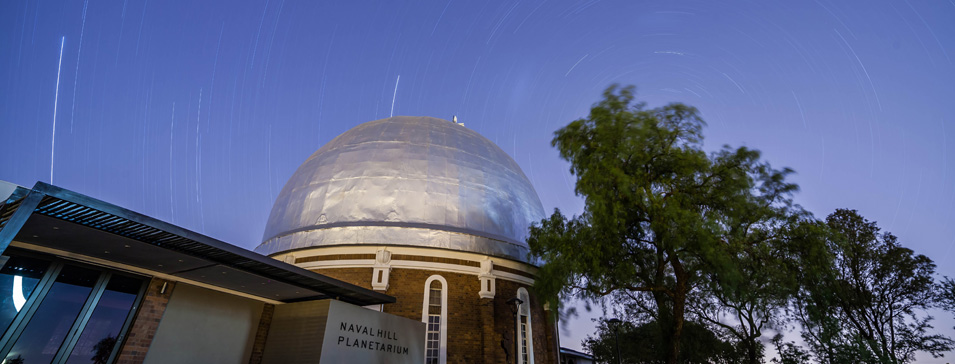Latest News Archive
Please select Category, Year, and then Month to display items
12 January 2024
|
Story Nonsindiswe Qwabe
|
Photo Sonia Small
 Since joining the UFS in 2008, Dr Grey Magaiza has worked extensively on approaches that can foster the socio-economic transformation of societies.
Since joining the UFS in 2008, Dr Grey Magaiza has worked extensively on approaches that can foster the socio-economic transformation of societies.
“The future should be one where communities can decide on their development agenda and futures. That’s the most important for me.” Dr Grey Magaiza, Deputy Director of the Centre for Gender and Africa Studies (CGAS) and Head of the Community Development programme on the Qwaqwa Campus, is passionate about capacitating communities to be agents of change and advancement. His vision for the future emphasises the empowerment of communities to take charge of their development by actively participating in decision making and the implementation of development projects that can improve their lives.
Since joining the UFS in 2008, Dr Magaiza has worked extensively on approaches that can foster the socio-economic transformation of societies. Over the years, he has crafted his research speciality into one that he is most proud of – being an interdisciplinary scientist immersed in the development of communities.
“I’m in a fortunate position of researching what I like. I say ‘fortunate’, because I’ve taken the time to understand what I’m passionate about, which is the overall field of rural livelihoods and livelihood futures – in short, community development. My research starts from an engaged university, understanding the elements that a university must use to enhance transformation and relevance to its immediate community in terms of development.”
One of the ways he has done this is by looking at social entrepreneurship as a development approach for young people in a rural setting. Through workshops with non-profit and civic organisations in Qwaqwa, Dr Magaiza has been helping these organisations to map out their needs and actively meet them through the involvement and support of external role players.
“We understand that communities are part of the national development agenda, but even that national agenda respects community knowledge and intentions and allows communities to shape their identity. A critical enabler of this is community organising. You bring back the capacity in communities to have dialogues on issues affecting them as spaces for engagement, knowledge exchange, and for people to just talk about their way forward.”
By enabling communities to define their development agenda, they can address their specific needs, challenges, and aspirations, he said. “When I look at livelihood futures, it’s quite an exciting aspect of my work – it’s like looking into a fortune tellers’ globe, because you’re not deciding for communities what they should do, but the communities themselves take those decisions.”
Planetarium now open to the public
2013-11-27
 |
| The Naval Hill Planetarium |
The Naval Hill Planetarium, the first digital planetarium in sub-Saharan Africa, will now screen regular shows and is inviting members of the public to attend shows every Friday from 29 November 2013.
This planetarium was inaugurated on Friday 1 November 2013 and the response has been overwhelming.
Prof Matie Hoffmann from the Department of Physics at the University of the Free State, says the public and visitors in Bloemfontein are very eager to visit the planetarium to learn more about the night sky.
The highly-rated full dome show, Space Junk, will be screened on Friday 29 November 2013 and Friday 6 December 2013 at the Naval Hill Planetarium.
The Space Junk show at the planetarium collides head-on with Gravity, the blockbuster science-fiction thriller and space drama that was on circuit in movie theatres in South Africa during the past few weeks!
In 2014 the planetarium will provide a regular public programme as from 13 January 2014.
In the meantime, people can book for programmes on Friday evenings at 19:00 until Friday 13 December. Group appointments can also be made by special arrangement.
For more information please contact Yolandie Loots at ficky@ufs.ac.za for more information.